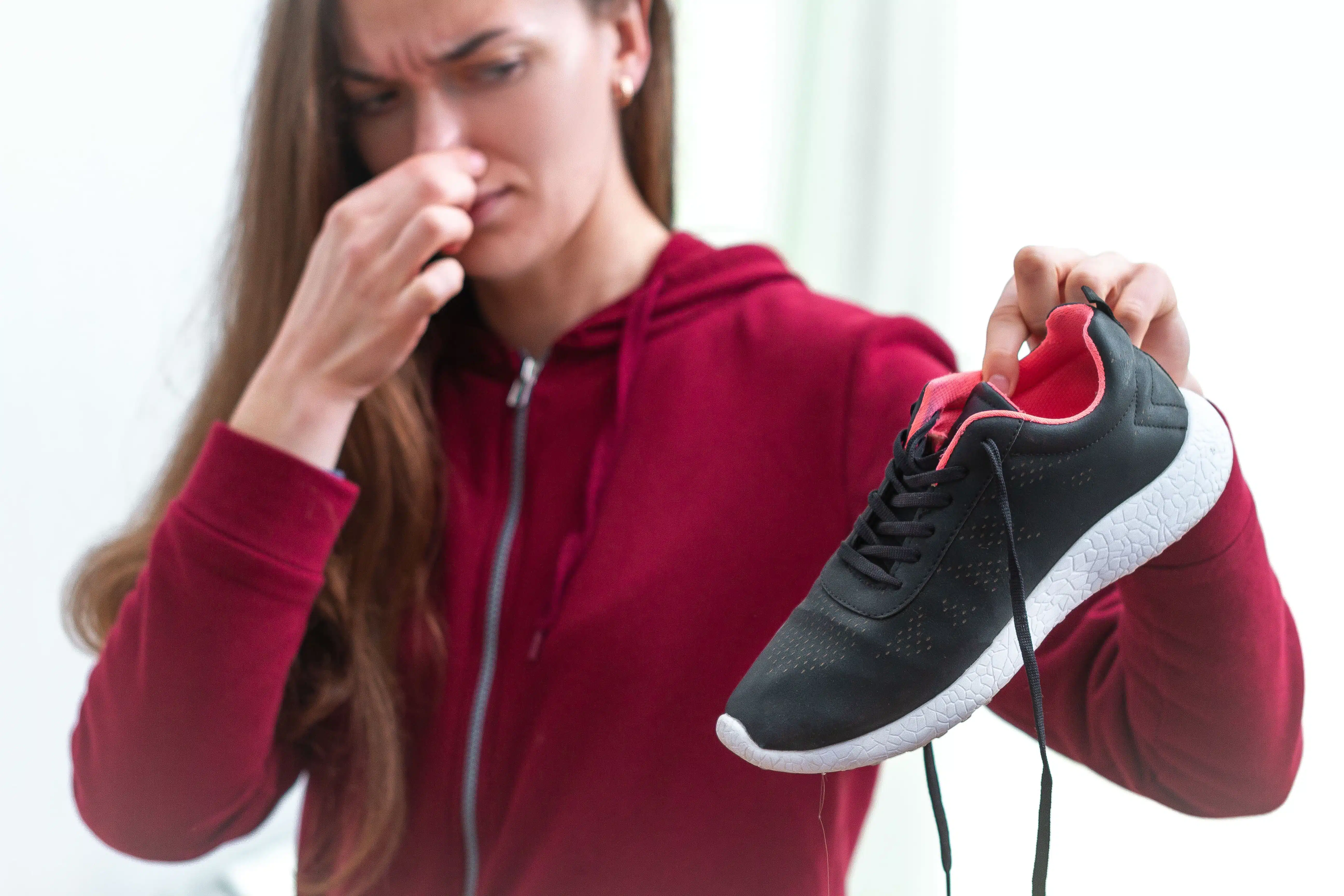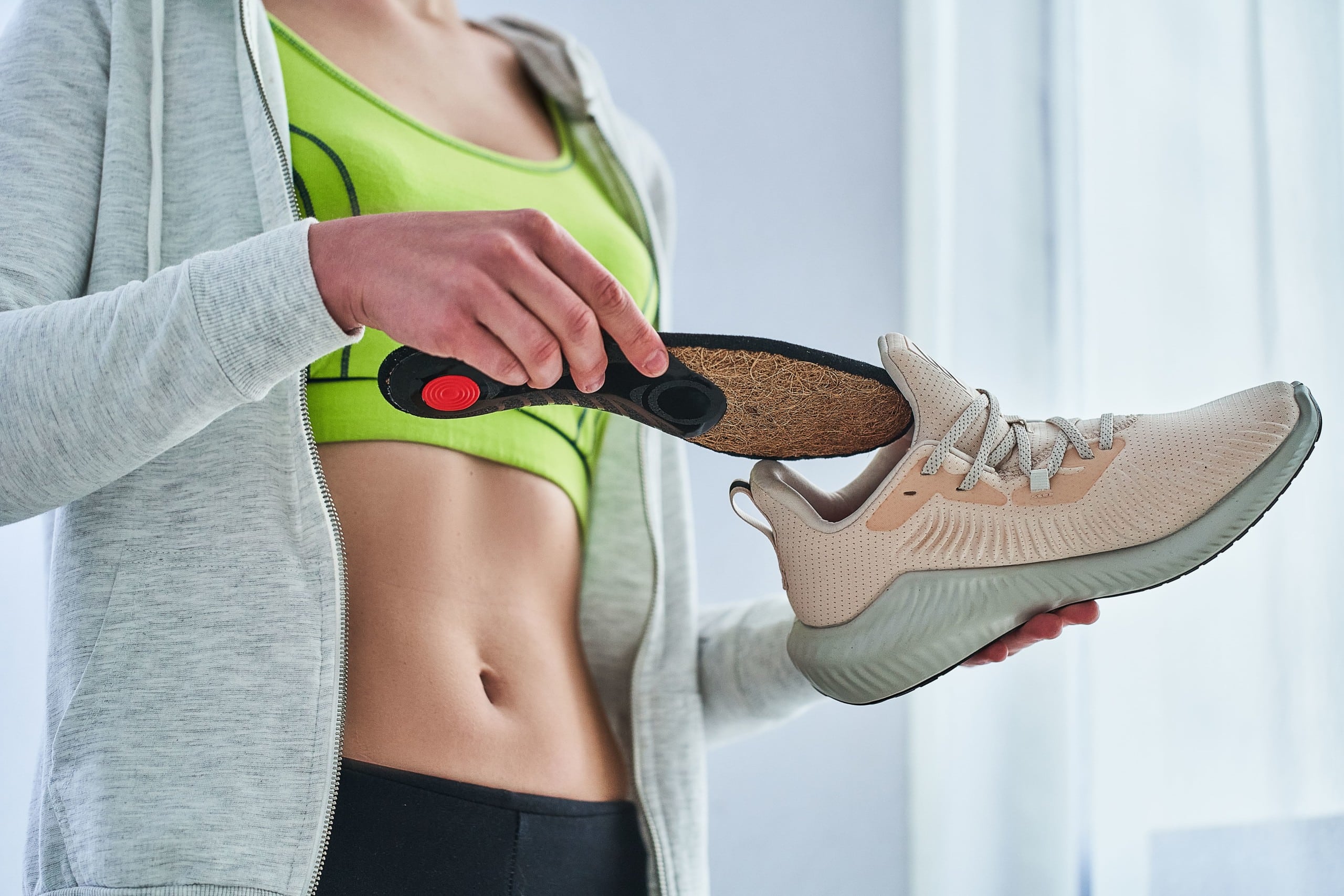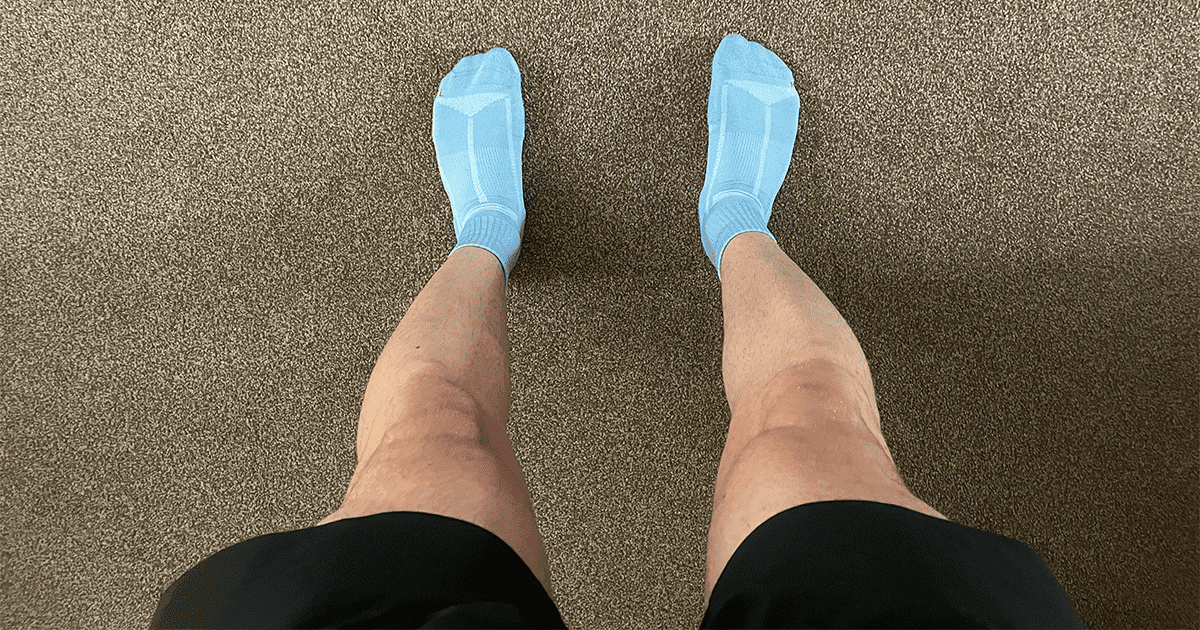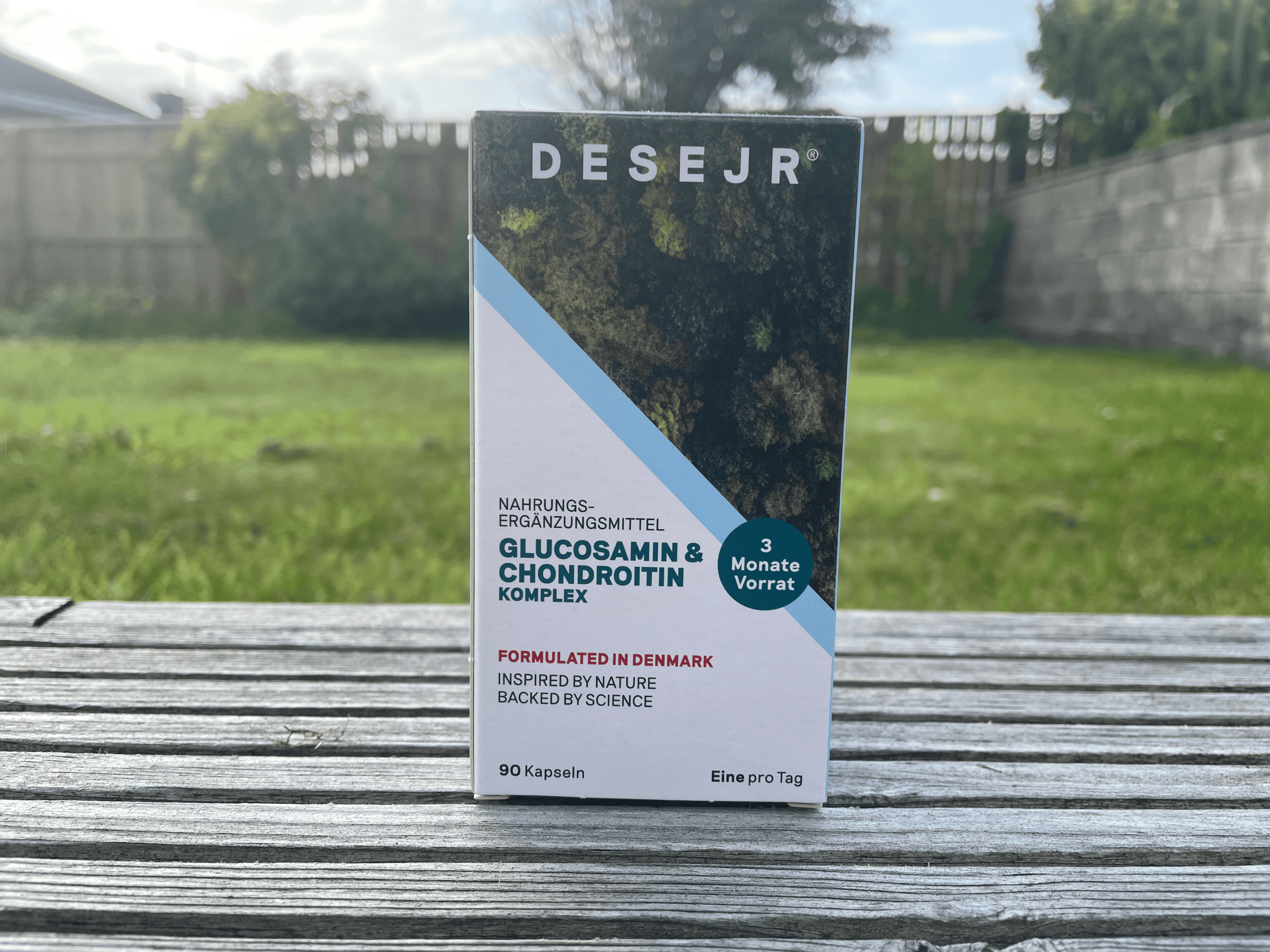6 Things NOT to do after your run as a beginner
Avoid these six beginner mistakes and take your running to the next level.
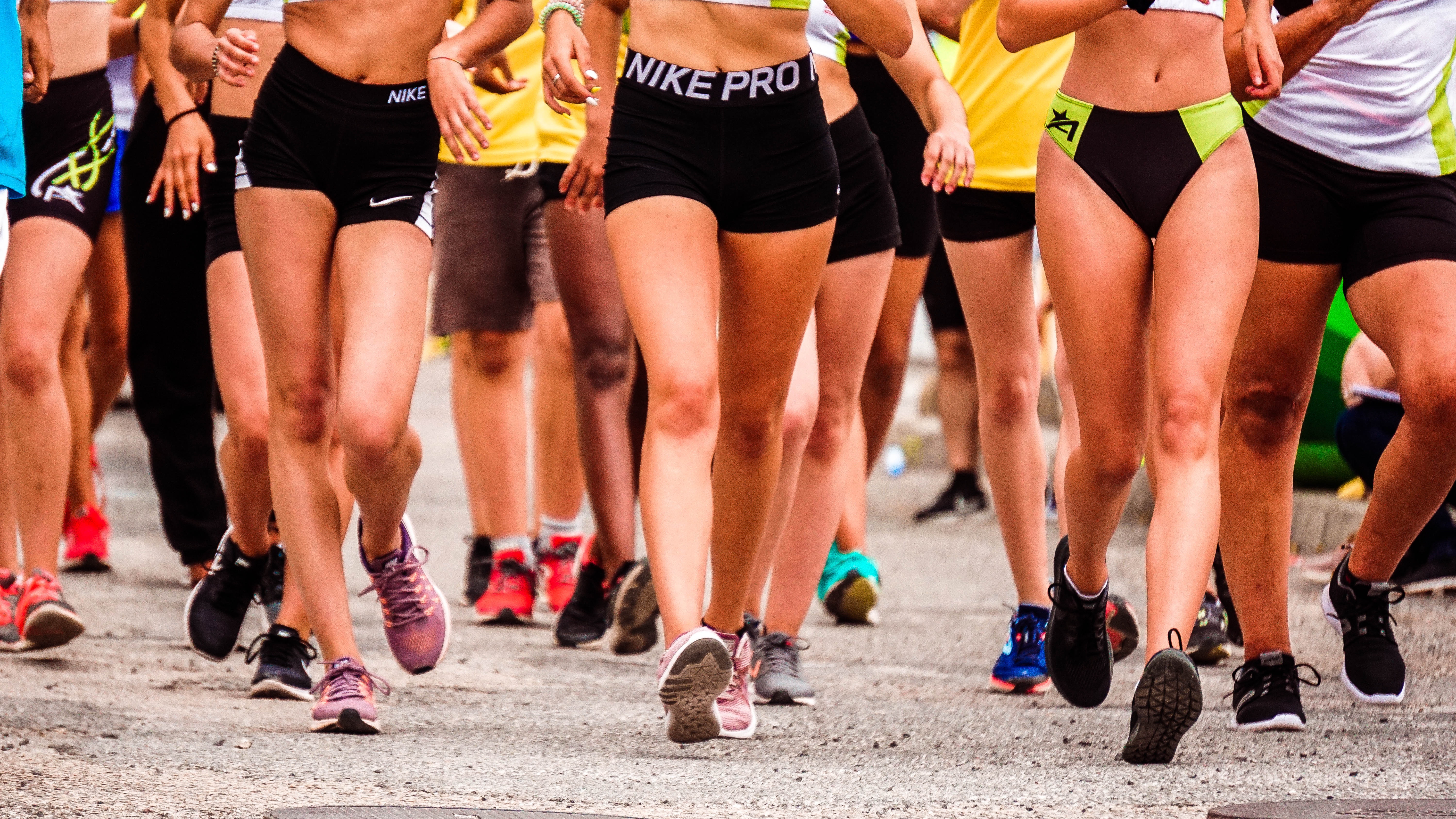
So, you’ve read our 6 things NOT to do before a run, and now you’re wondering what NOT to do after your run?
While all you may want to do after your run is lie down, there’s plenty to do and plenty NOT to do. As a beginner, it can often be difficult knowing that you’re even making mistakes. Here are five things you should definitely be including after your run or workout.
1. Skipping the cooldown
Performing a cooldown directly after your run will decrease our heart rate and blood pressure while flushing out lactic acid from our muscles. Including a running cooldown, especially after an interval session or hard run will reduce our risk of injury while kickstarting our recovery.
To cool down properly, perform a slow 5-10 minute jog followed up with static stretching.
Related: 10 Best beginner running products.
2. Forgetting to stretch
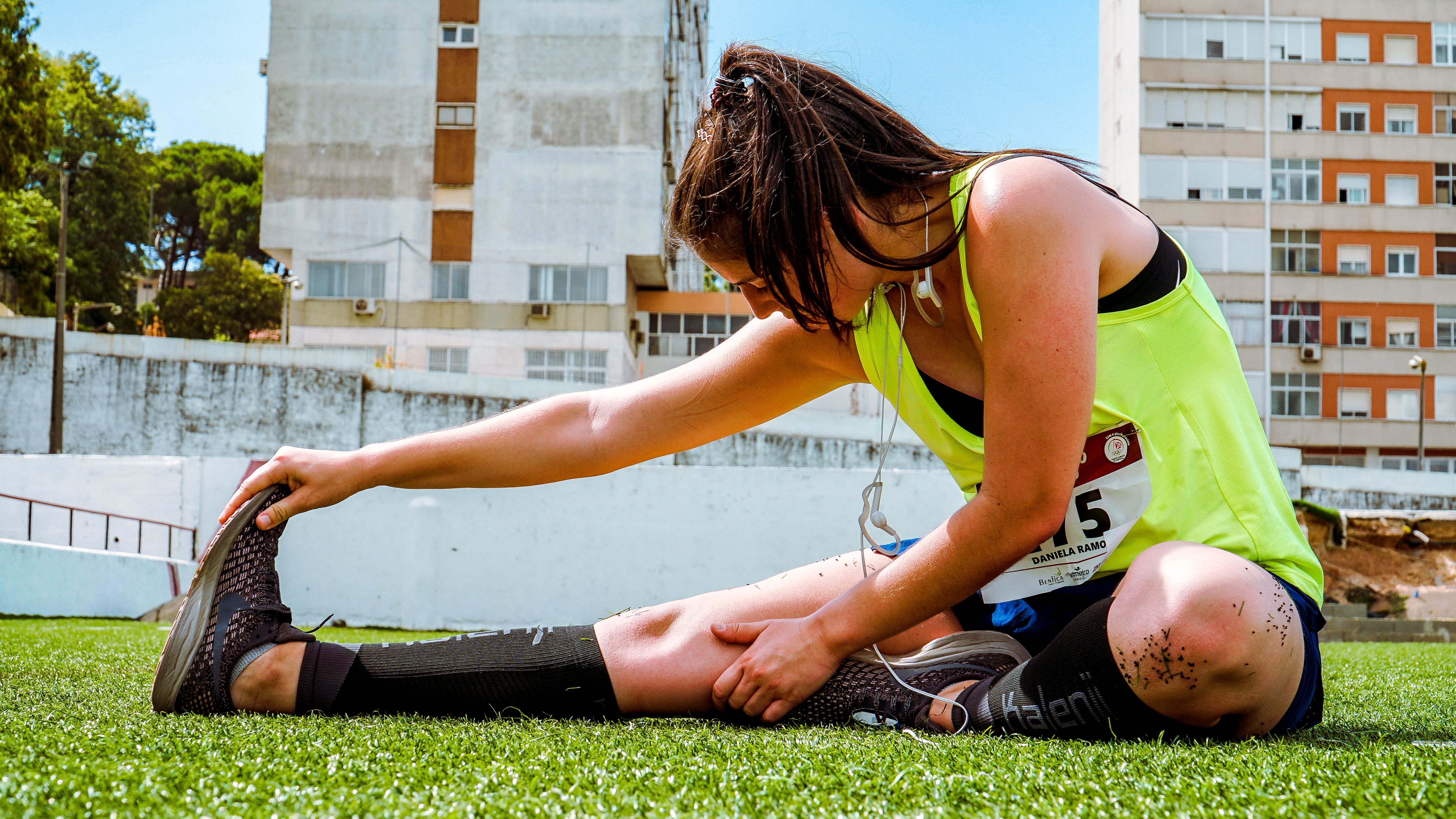
While dynamic stretching should be done before your run, static stretching should be performed directly after or within 30-minutes of finishing your run. Stretching after your run will reduce muscle tension while increasing our flexibility. Stretching after exercise while there is increased blood flow is ideal as this allows for a nice, deep, and long stretch without the risk of pulling a muscle. Some basic static stretches you should do after your run or workout include:
- Quadricep stretch
- Calf & Achilles stretch
- Hamstring stretch
Tip: Stretch while analysing your run if using a GPS watch, giving you further insight into your training.
3. Stay off the booze

While whisky shots may be standard on a night out, binge drinking, or drinking directly after exercise will slow down our recovery between runs or workouts. Following exercise, we should rehydrate, eat a meal rich in protein, and perform some static stretching. According to outsideonline, skipping our recovery meal and instead drinking alcohol will damage our bodies ability to restock glycogen stores. This often results in short-term muscle damage, which can last up to five days.
While we’re not saying you can’t enjoy the occasional drink, you should undoubtedly avoid binge drinking and drinking directly after exercise. Commonly referred to as a ‘recovery beer.’
Related: How to recover after a run or race.
4. Forgetting to refuel properly
After your run or workout, it’s essential to refuel our bodies by eating a nutritious meal and drinking plenty of water. This will reduce our recovery time while preventing dehydration. Snacks are a great way to replace burnt calories while replacing our bodies energy stores. Healthy snacks include:
- Nuts
- Wholemeal bread
- Protein shake
- Almonds
- Greek yoghurt
Tip: Ensure to sip water throughout the entire day, this includes before and certainly after your run. This is by far the best way to stay hydrated.
5. Not getting enough sleep
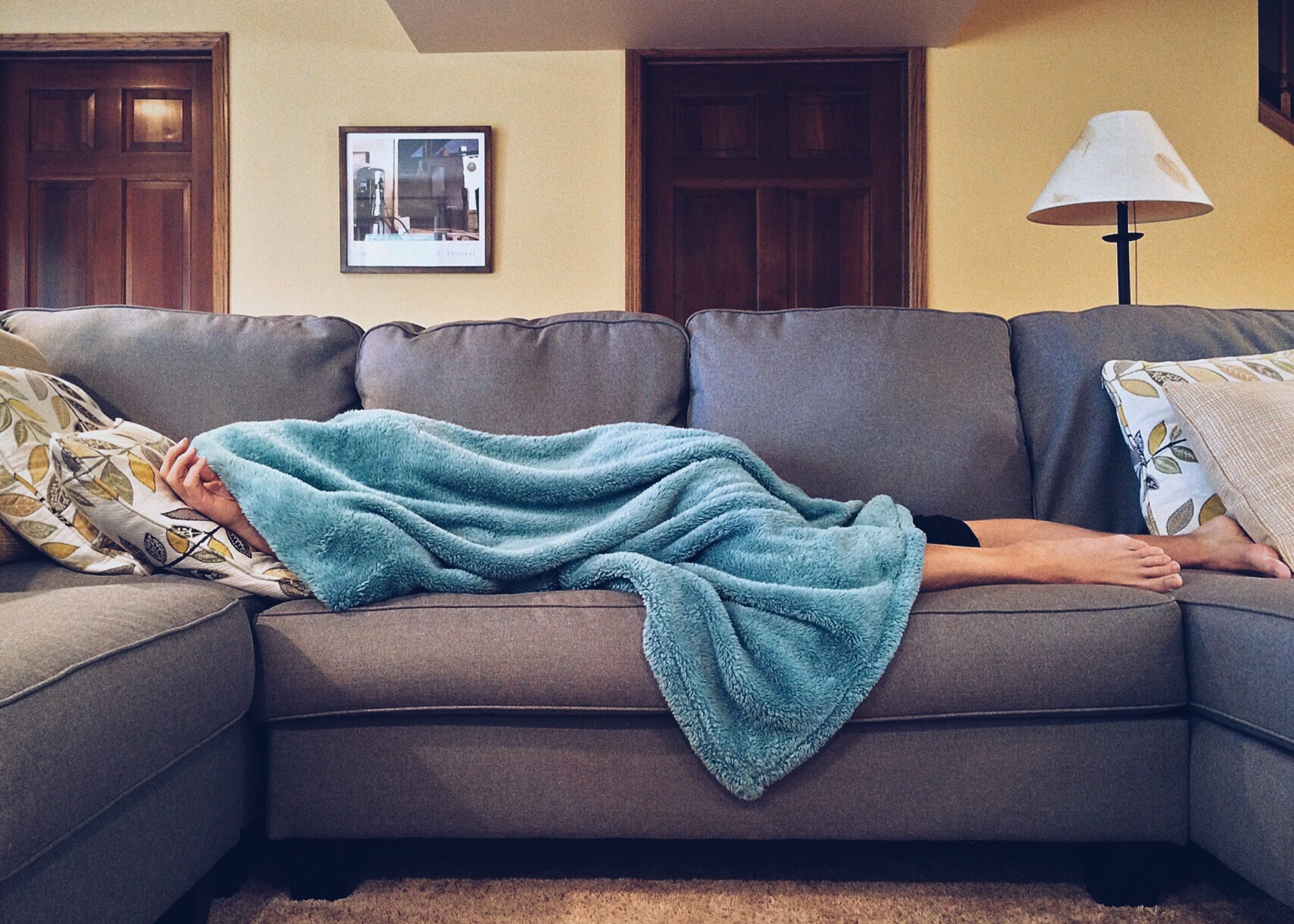
Sleep is our number one recovery tool. Skimping on sleep is a recipe for injury. Aim to get a minimum of 8-10 hours per night, more if you’ve done a particularly hard interval session, hard workout or long run.
Including a 30-minute mid-day nap is also a good idea, if you have the time. This will kickstart your recovery while preventing sleep deprivation, especially if you have a particularly busy schedule.
Related: 5 Tips to improve your quality of sleep.
6. Staying in your running clothes
As tempting as it may be, staying in your running clothes all day is a bad idea. Even if you’re running clothes aren’t wet, smelly, or you don’t sweat much, you should change straight away into warm and comfortable clothing. This will improve circulation while preventing you from becoming that dreaded couch potato.
The same applies to racing. Directly after finishing your race, you should change into warm clothing immediately. This is especially important if running in the winter or running cross country. This will keep our muscles warm, reduce our risk of catching a cold, and most importantly fast track our recovery.
The bottom line
After finishing your run there is plenty of things to do, and plenty NOT to do. Including a running cool down, performing static stretches, avoiding the booze, properly refuelling, and getting enough sleep are all fundamental to becoming an all-round better runner.

Matthew is a lifelong runner, chief tester of all products, the founder of Running101, and freelance content writer for active brands. When he’s not writing, he enjoys lifting weights, cycling in the Lake District, and watching fast cars drive in circles on a Sunday. He also has a BA in sport, exercise and physical activity from the University of Durham.

